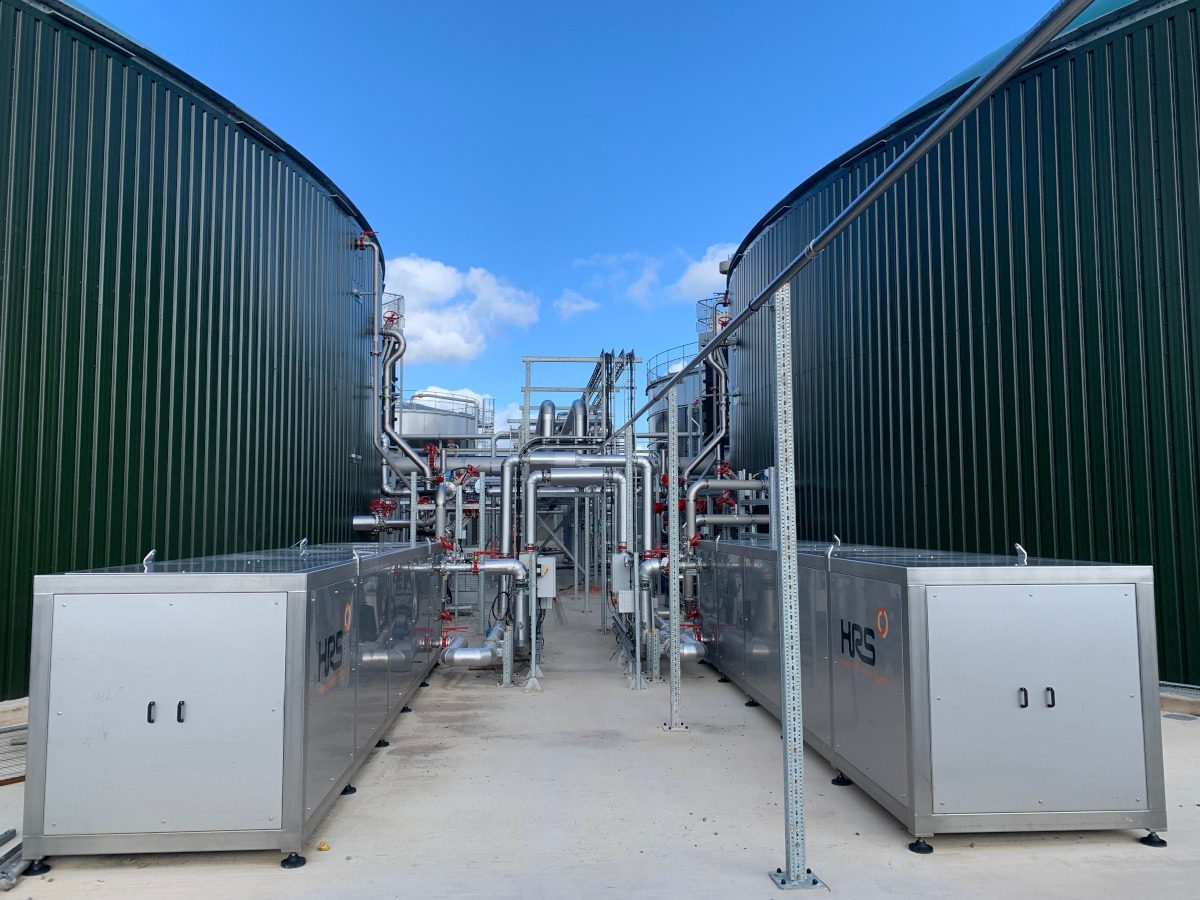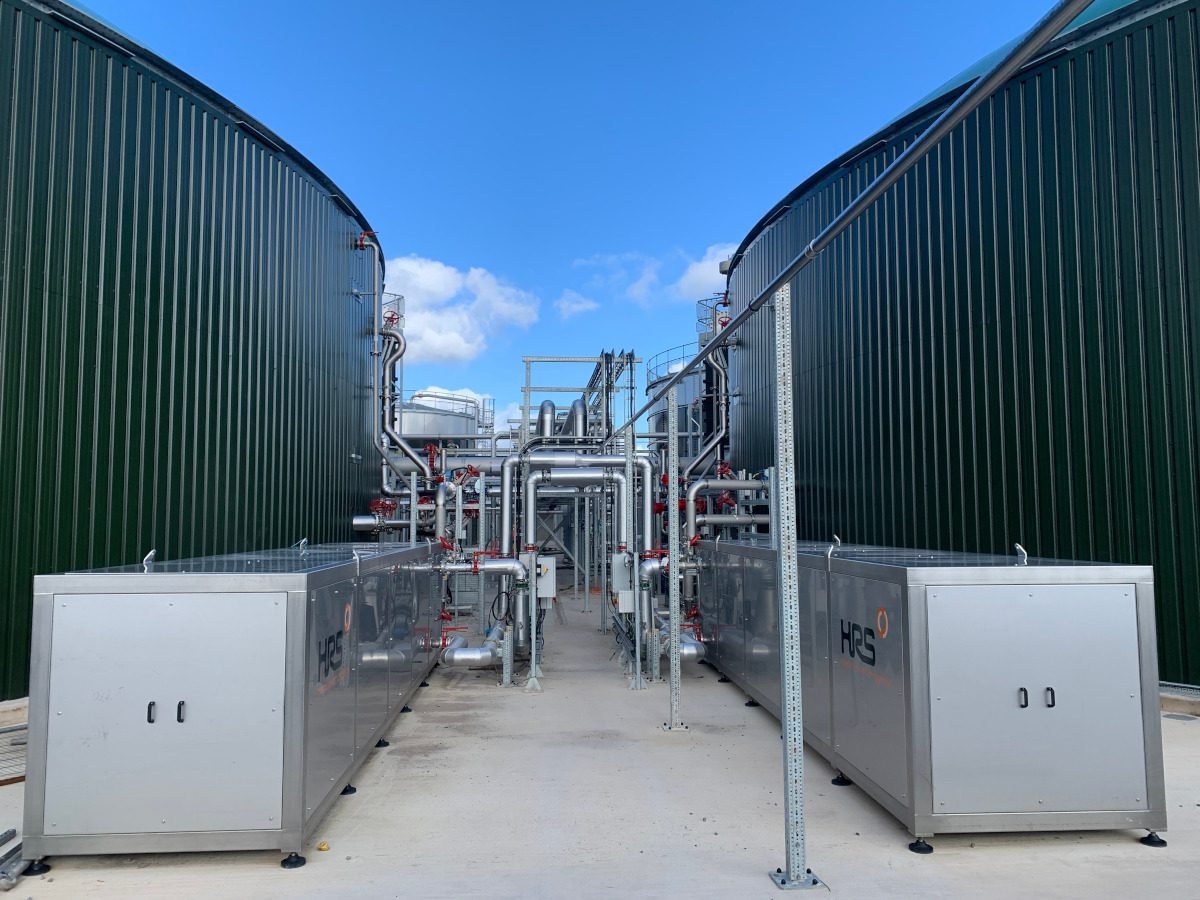 This article contains sponsored content.
This article contains sponsored content.
By Matt Hale, Global Key Account Director, HRS Heat Exchangers
Global emissions of carbon dioxide (CO2) from burning fossil fuels have risen again,1 according to data released during the COP 30 UN climate conference in Brazil. This underscores the ongoing challenges that the world faces in meeting previously agreed reductions in greenhouse gas (GHG) emissions – and cements calls for biogas to play a key role in decarbonisation efforts.
While the figures for 2025 are still just estimates, if the emissions from fossil fuels and cement production do reach the 38.1 billon tonnes predicted by the Global Carbon Budget, that will represent a rise of 1.1% on 2024.
However, there are some small signs that suggest we may finally be turning the tide on emissions from fossil fuels. Earlier this year, think tank Ember reported that fossil fuel use in electricity generation had finally been overtaken globally by renewables. Furthermore, the Global Carbon Budget figures show that total emissions from all human activities are expected to hit 42.2 billion tonnes CO2e in 2025, a marginal improvement on the 42.4 billion tonnes in 2024.
HRS Heat Exchangers are members of the World Biogas Association (WBA), which was represented at the COP30 event by its Chief Executive Charlotte Morton OBE.2 At a workshop on Implementation of the Carbon Accounting Solutions Acceleration Plan, Ms Morton stressed the importance of biogas from anaerobic digestion (AD) in our future energy mix. In particular, it is the only source of renewable or low carbon energy which provides a flexible range of energy solutions (heat, electrical power, gas and transport fuel) while also having the potential to provide CO2 for industrial and horticultural use. Plus, it offers a waste management solution for organic materials and recycling increasingly valuable nutrients back into agriculture and horticulture.
“I was also able to highlight the fact that current GHG Protocol guidance does not adequately support biomethane via market-based mechanisms, an issue which the Let Green Gas Count campaign highlights,” explained Ms Morton. “This issue is currently holding up investment in projects all around the world which would otherwise be preventing the release of harmful methane from organic wastes and landfills.”
While agreeing completely with the sentiments of the WBA, HRS Heat Exchangers continues to promote the fact that AD plants must optimise energy efficiency at every stage of the process, not only to maximise the environmental benefits set out above, but also to make the economics of biogas production as attractive to investors and operators as possible. Consequently, HRS Heat Exchangers offers a range of equipment and systems to boost efficiency in AD plants, including digester heaters, biogas dehumidification systems, pasteurisation systems and systems to aid the handling and management of digestate.
Notes
[1] Fossil fuel emissions rise again – but renewables boom offers hope for climate at https://www.bbc.co.uk/news/articles/c620q30w0q0o
[2] https://www.linkedin.com/posts/charlotte-morton-obe-1a0a322_methane-organic-wastes-share-7395040998726324224-3WXj

